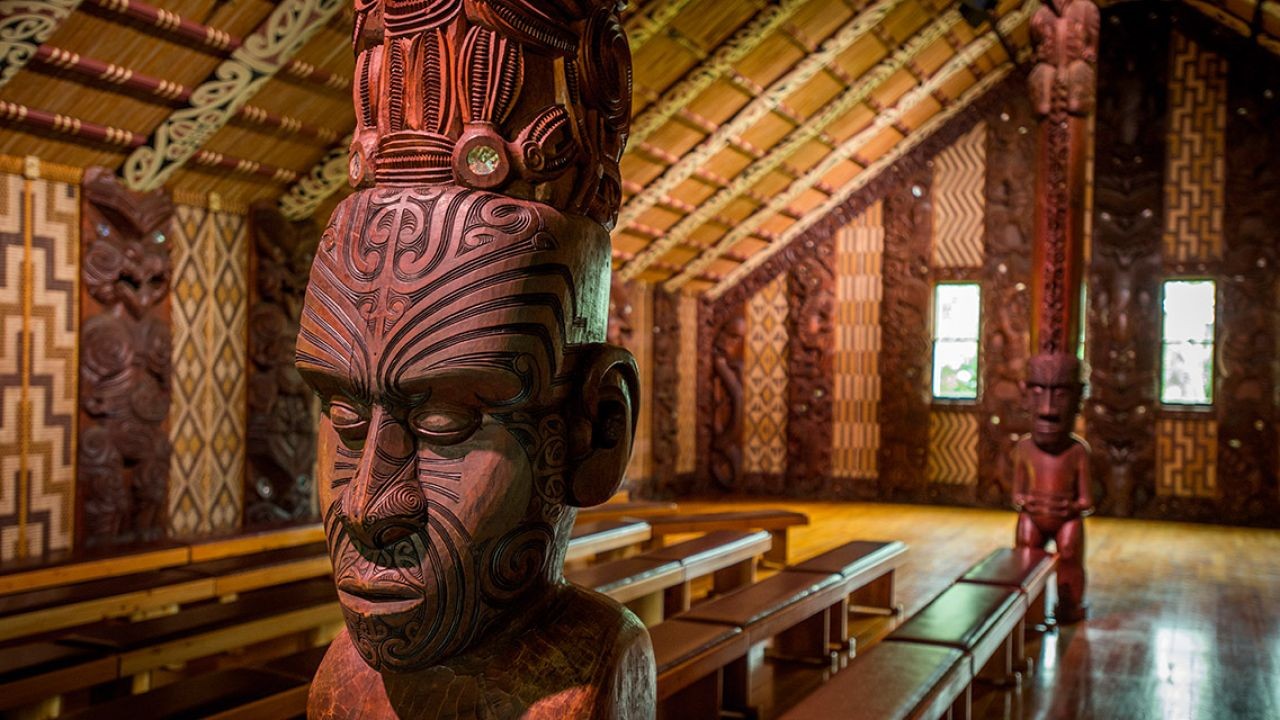Imagine stepping into a world where New Zealand's breathtaking landscapes aren't just a backdrop to your travels but a lucrative investment opportunity. Airbnb properties in New Zealand offer precisely that, blending the allure of vacation with the potential for financial growth. With tourism on the rise and an increasing preference for unique travel experiences, investing in Airbnb properties has emerged as a substantial opportunity for savvy investors in New Zealand. But how does one navigate this vibrant and complex market?
Understanding the Airbnb Investment Landscape in New Zealand
Investing in Airbnb properties in New Zealand is not merely about purchasing a property and listing it online. It involves understanding market dynamics, local regulations, and tourism trends. According to Stats NZ, the tourism sector contributes significantly to the country's GDP, with international visitor spending reaching an estimated NZD 17.5 billion in 2023. This upward trend in tourism underpins the growing demand for short-term rentals, making Airbnb investments increasingly attractive.
Key Considerations for Airbnb Investment
Investing in Airbnb properties requires a strategic approach. Here are several critical factors to consider:
- Location: Proximity to tourist attractions, airports, and public transport can significantly influence occupancy rates and rental income.
- Regulatory Compliance: Familiarize yourself with local council regulations regarding short-term rentals to avoid legal pitfalls. New Zealand has specific zoning laws and consent requirements which must be adhered to.
- Market Research: Analyze local market trends, including average nightly rates and occupancy levels, to assess the potential return on investment.
- Property Management: Consider whether you will manage the property yourself or hire a professional service to ensure seamless guest experiences and maintenance.
Comparative Analysis: Airbnb vs. Traditional Rentals
Choosing between Airbnb and traditional long-term rentals depends on various factors, including risk tolerance, income goals, and lifestyle preferences. Here’s a comparative analysis:
Pros of Airbnb Investments
- Higher Income Potential: Airbnb properties often generate higher nightly rates compared to traditional rentals, particularly in tourist hotspots.
- Flexibility: Owners can block dates for personal use or adjust pricing based on demand fluctuations.
- Market Growth: With the increasing popularity of short-term stays, there is significant growth potential in this sector.
Cons of Airbnb Investments
- Regulatory Challenges: Navigating the legal landscape of short-term rentals can be complex and varies by location.
- Operational Demands: Managing bookings, cleaning, and guest communication requires time and effort or additional costs for management services.
- Income Volatility: Unlike fixed long-term leases, Airbnb income can fluctuate with seasonal demand.
Case Study: Successful Airbnb Investment in Queenstown
Case Study: The Ridge at Queenstown – Maximizing Short-Term Rental Returns
Problem: The Ridge, a property in Queenstown, faced low occupancy rates due to a lack of targeted marketing and professional management. The property was struggling to compete in a saturated market.
Action: The owners enlisted a local property management company specializing in short-term rentals. They revamped the property listing with professional photography, dynamic pricing strategies, and targeted social media campaigns to attract international tourists.
Result: Within six months, occupancy rates increased by 65%, and revenue from bookings surged by 40%. The Ridge became a top-rated listing in Queenstown, attracting guests year-round.
Takeaway: Effective marketing and professional management can significantly enhance the performance of Airbnb properties. New Zealand investors can learn from this by ensuring their properties stand out in a competitive market.
Common Myths & Mistakes in Airbnb Investments
Misconceptions can lead to costly mistakes for investors. Let’s debunk some common myths:
Myth: "Airbnb properties always guarantee high returns."
Reality: While Airbnb can yield higher returns than traditional rentals, success depends on location, management, and market conditions. Data from MBIE highlights that properties in less touristy areas might not perform as well.
Myth: "You don’t need professional management for an Airbnb."
Reality: Managing an Airbnb involves more than just listing a property. Professional management can optimize pricing, enhance guest experiences, and handle maintenance, leading to better reviews and increased bookings.
Myth: "All property investments are the same."
Reality: Short-term rentals operate differently from traditional investments, requiring unique strategies to manage bookings, pricing, and guest relations effectively.
Future Trends in the Airbnb Market
As we look to the future, several trends are poised to impact Airbnb investments in New Zealand:
- Eco-Friendly Accommodations: With growing environmental awareness, properties that prioritize sustainability are likely to attract more eco-conscious travelers.
- Technology Integration: Smart home technologies and contactless check-ins are becoming standard, enhancing guest experiences and operational efficiency.
- Regional Growth: Emerging tourist destinations beyond traditional hotspots offer new opportunities for savvy investors to capitalize on untapped markets.
According to a report by the Reserve Bank of New Zealand, the Airbnb sector is expected to grow by 15% annually, driven by increasing demand for personalized and unique travel experiences.
Conclusion
Investing in Airbnb properties in New Zealand offers promising opportunities for those willing to navigate the intricacies of the market. By understanding local regulations, embracing professional management, and staying abreast of industry trends, investors can maximize their returns while providing memorable experiences for guests. Whether you’re a seasoned investor or just starting, the Airbnb market in New Zealand is ripe with potential.
What’s Your Strategy? Are you ready to dive into the world of Airbnb investments? Share your thoughts and experiences in the comments below!
Related Search Queries
- Airbnb investment strategies in New Zealand
- Best locations for Airbnb in NZ
- How to manage an Airbnb property
- New Zealand short-term rental regulations
- Profitability of Airbnb vs traditional rentals
People Also Ask (FAQ)
How does investing in Airbnb properties impact the New Zealand economy?
Airbnb investments contribute to the economy by increasing tourism-related revenue and creating jobs in property management and maintenance sectors.
What are the biggest misconceptions about Airbnb investments?
A common myth is that Airbnb guarantees high returns without effort. However, success depends on strategic management and market conditions.
What are the best strategies for managing an Airbnb property?
Experts recommend professional management, dynamic pricing strategies, and high-quality customer service to maximize occupancy and guest satisfaction.
What upcoming changes in New Zealand could affect Airbnb investments?
By 2026, stricter regulations on short-term rentals may come into effect, impacting how properties are managed and marketed.































